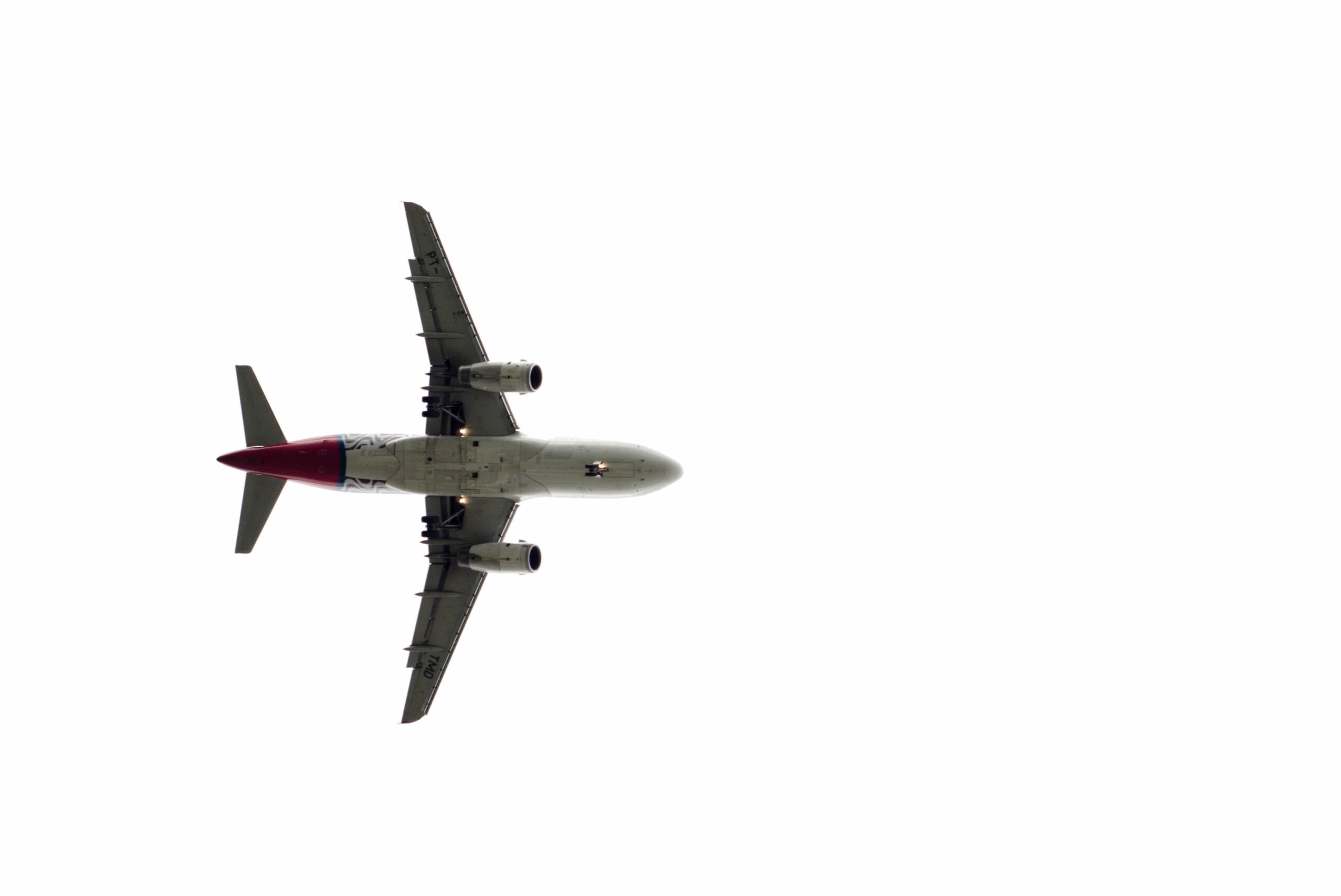Looking at the market trends and possible challenges of 2022, industry experts have made various assumptions, but no one could have predicted that the industry would have to deal with something that Europe has not experienced for decades: active warfare.
For more than a month, the Ukrainian army has been resisting Russian occupation in a bloody battle. Although the people of Ukraine and Russia suffer most directly from the war, the rest of the world has also indirectly fallen victim to Putin’s decisions. I have already explained the impact the war in Ukraine has had on the freight sector as a whole, but I would now like to highlight the ongoing air transport sector. It is currently suffering not only from soaring fuel prices, but also from a lack of capacity, which is also having an irreversible effect on consumer wallets around the world.
Capacity is affected not only by ban but also by destruction
In early March, two weeks after Russia’s invasion of Ukraine, Northeast Asia-Europe’s transport capacity had fallen to 22% since the pre-war period. Now, almost a month later, it is even lower. The capacity of air carriers is most affected by the sanctions imposed on Russia. As a result, the delivery of goods to Europe is banned for the largest Russian cargo airline operator Volga-Dnepr, whose subsidiary AirBridgeCargo has more than 800 different cargo aircrafts. However, this is not the only aspect that affects the capacity of hauliers. Aircrafts destroyed as a result of war, which rubs salt into the wound of the industry, also play an important role. For example, in the battle against Hostomel Airport, the industry lost a historically unique specimen – the world’s largest cargo plane, the Mriya. Although the Ukrainian government has announced that every effort will be made to rebuild the plane, it will take time and at least $ 3 billion. It has also recently been confirmed that AN-26 and AN-74 aircrafts have been destroyed as a result of the Russian invasion.
To Asia around Russia
Due to the war, many air carriers have decided not to cross the airspace of Russia, Ukraine and also Belarus, citing the safety factor of employees as the main reason. This position has been publicly confirmed by industry giants such as UPS, DHL and FedEx, which own about 1,000 cargo planes. I believe that not only the issue of security, but also the image and political pressure of the company played a major role in making this decision. Now that most companies in various sectors are leaving Russian territory, thus clearly expressing their political position, the big logistics and freight companies must not lag behind either. It is clear to them, as to any other business expert, that the image of a company is easy to tarnish but hard to polish, and the smartest way to avoid becoming a black sheep right now is to turn your back on Russia.
Consumers become the victims
A series of all the above decisions and events will inevitably increase the costs for air cargo carriers, which will not only hurt market players but also consumers. There are already companies in the industry that are increasing the additional costs for international freight. One of them is FedEx, which took such a step in March. Although the company is one of the first to change its pricing policy as a result of events, it will certainly not be the last.
The most logical solution – more cargo planes
Once again, as in the Covid-19 outbreak, when the industry was struggling with a lack of capacity, the most effective solution is to transform passenger planes into freight transport. Such restructuring of airlines would significantly increase the capacity of air cargo carriers. Moreover, according to Insider, it is more profitable than buying new cargo planes. According to the media, such a move could save companies hundreds of millions of dollars. Airlines such as Qatar Airways and the Emirates Group, known to the general public as passenger airlines, took this step in early 2020. At the end of March, Alaska Airlines joined them, adapting five different passenger planes for cargo transportation.
Whatever the future decisions of air carriers, one thing is clear: only by working together in a crisis situation will it be possible to meet the needs of both the industry and the customer.
Author: Roland Peterson, logistics expert
Image: www.pexels.com



